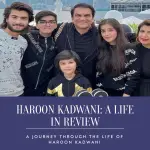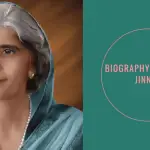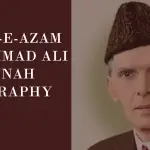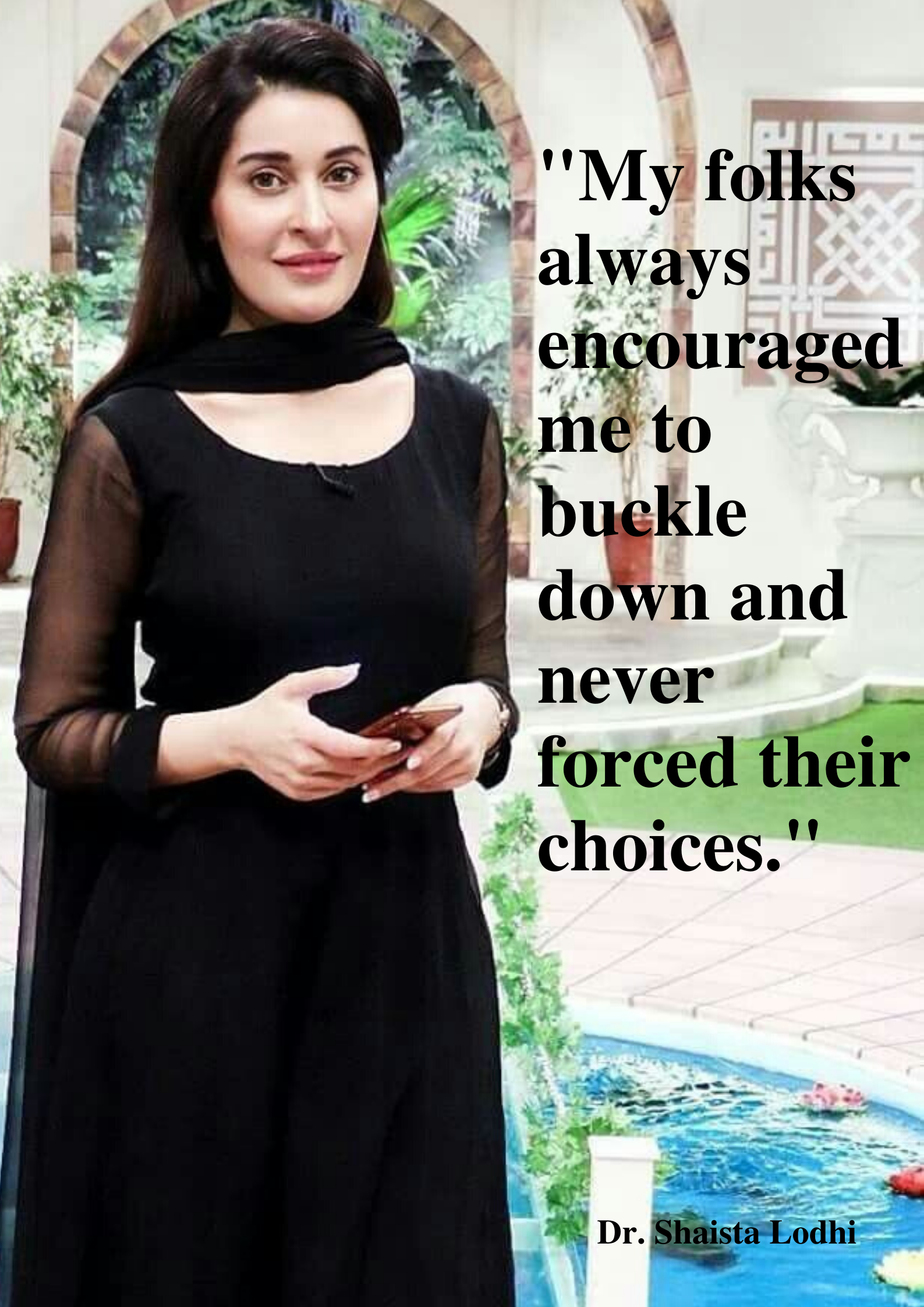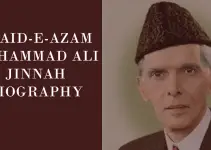Malala Yousafzai is a Pakistani activist for female education and the youngest Nobel Prize laureate. Her unwavering advocacy despite grave dangers has inspired millions around the world. This is the story of her remarkable journey.
Contents
- Early Life and Family Background
- Growing Up Under the Taliban
- Advocating for Girls’ Education
- Surviving an Assassination Attempt
- Becoming an International Activist
- Nobel Peace Prize and Continued Impact
- Personal Life and Education
- Malala’s Story in Her Own Words
- Why Malala’s Fight Matters
- Key Takeaways from mala la’s Incredible Life
Early Life and Family Background
Malala Yousafzai was born on July 12, 1997, in Mingora, Pakistan located in the picturesque Swat Valley. Her parents named her after the legendary Malalai of Maiwand, an Afghan heroine who rallied local fighters against the British army in 1880.
Malala’s father, Ziauddin Yousafzai, was a teacher and educational activist himself. He ran a chain of schools known as the Khushal Public School. Her mother, Toor Pekai Yousafzai, was an uneducated housewife who later returned to school herself.
Malala was very close with her two younger brothers, Khushal and Atal. As a young girl, she loved school and desired to become a doctor. Her father encouraged all his children – both sons and daughters – to pursue their education.
Pakistan ranks among the lowest countries worldwide for female literacy and educational access. But Ziauddin believed all girls deserved schooling too. He resolved to speak out against gender discrimination and fight for equal rights. These values shaped Malala from childhood.
Growing Up Under the Taliban
In 2009, the Taliban took control of the Swat Valley where Malala lived. They enforced harsh restrictions on daily life, especially for women and girls. Television, music, and dancing were banned. Girls could no longer attend school. Women could not leave home without a male chaperone. Public floggings and executions resumed.
The Taliban’s edicts crushed the people of Swat. But few dared to openly protest, fearing violent retaliation. Even as a young girl, Malala resolved to resist. She believed denying education violated basic human rights.
In 2008, Malala began giving speeches to promote female education. Just 11 years old, she openly addressed Taliban atrocities on local radio using the pen name Gul Makai. “I have the right to education,” she declared. “I have the right to play. I have the right to sing. I have the right to talk.”
As Malala’s public profile grew, she faced escalating threats. But she refused to back down. “I want to become such an inspiring social worker and then work for people like Karl Marx, Nelson Mandela, and Mother Teresa,” she proclaimed. Her passionate activism inspired many while making her a Taliban target.
Advocating for Girls’ Education
In 2011, Malala watched news coverage on TV of other young girls demanding to return to school. She and her family discussed the grave risks of speaking out for education, especially for females. But Malala insisted doing what’s right outweighed her fears.
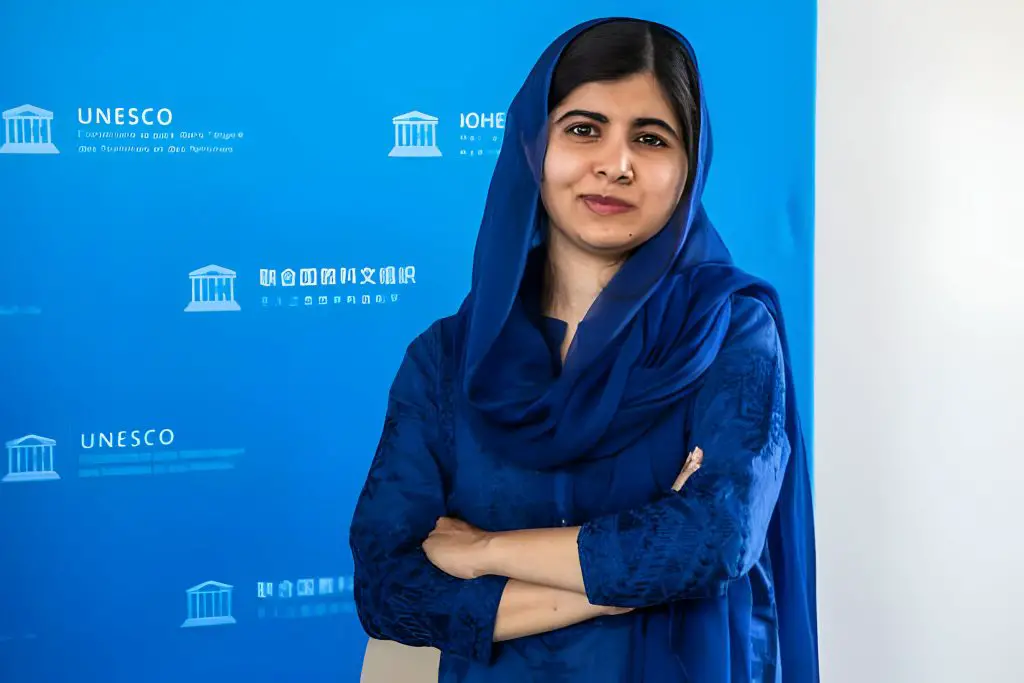
She resolved to advocate even more boldly for girls’ schooling. The BBC took an interest and recruited her to anonymously blog about life under the Taliban. Her online diary earned the pseudonym Gul Makai international fame. But Malala soon revealed her identity.
“I have a new dream… I must be a politician to save this country. There are so many crises in our country. I want to remove these crises,” she wrote. While she knew slaughtering education blocked progress, Malala courageously believed in inspiring change through her words.
Despite the danger of assassination, she never wavered. “I raise my voice – not so I can shout but so that those without a voice can be heard,” Malala declared before the United Nations on her 16th birthday. With poise far beyond her years, she urged global support to ensure all girls access education.
Surviving an Assassination Attempt
In October 2012, Taliban assassins tracked Malala as she returned from school in a van with classmates. They blocked the road, demanding to know “Which one is Malala?” Upon being identified, she was shot in the head at point-blank range. Two other girls were also injured.
Malala was in a coma. Survival seemed impossible given such a horrific head wound. But miraculously, she awoke within a week at a British hospital that offered specialized care. The whole world now knew of her plight. Supporters flooded Malala with messages of solidarity.
She soon regained strength and voice. And Malala had no intention of remaining silent. “The terrorists thought they would change my aims and stop my ambitions, but nothing changed in my life except this: weakness, fear, and hopelessness died. Strength, power, and courage were born,” she boldly declared.
Though adversity hadn’t silenced her spirit, Malala’s family couldn’t safely return to Pakistan. Instead, they built a new life abroad where Malala could fully recover and continue speaking out.
Becoming an International Activist
The assassination attempt earned Malala global recognition both for her fight and the oppressive extremism crippling Pakistan. She became an international symbol of courage and hope.
Now based out of Birmingham, England, Malala launched the Malala Fund dedicated to helping girls worldwide access 12 years of quality education. “I tell my story not because it is unique, but because it is the story of many girls,” she explained.
In 2013, she gave an impassioned speech before the UN Youth Assembly where she urged global initiatives to ensure education for the 57 million children without access. Education alone empowers breaking the cycle of poverty and progressing humanity, Malala argued.
That same year, she published an autobiography titled I Am Malala to spread her message more widely. The book highlights how deeply education transforms lives and communities. It became an international bestseller translated into over 40 languages.
Malala evolved from a symbol into an activist powerhouse. She founded and then located the Malala Fund headquarters in London. Their operations expanded into seven regions combating educational inequality. Each victory for access brought her message of hope closer to fruition.
Nobel Peace Prize and Continued Impact
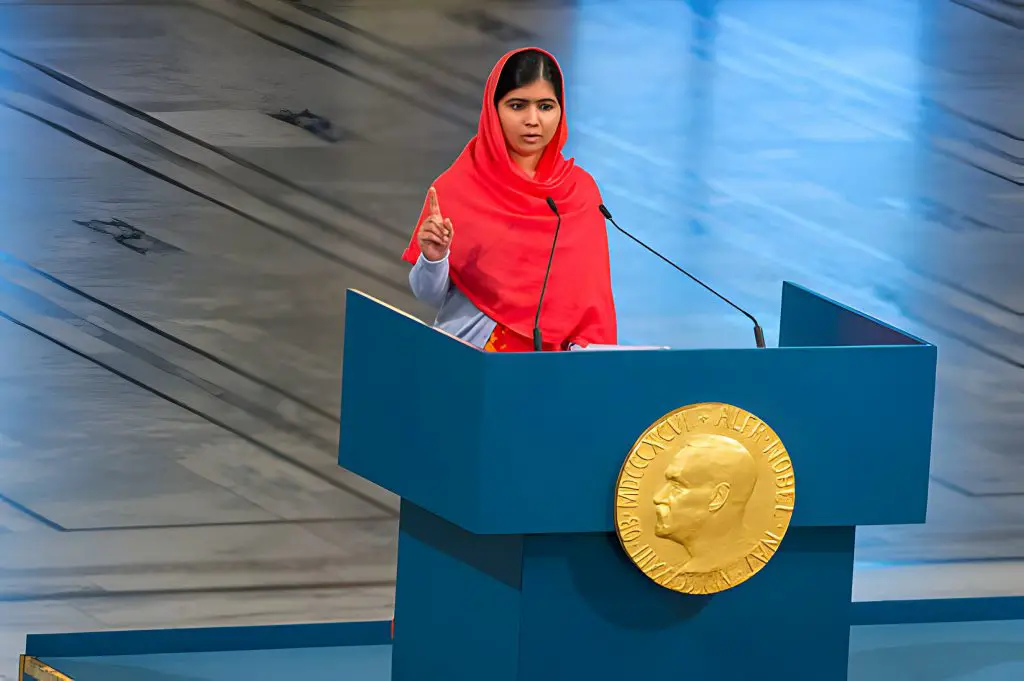
In October 2014, Malala received the Nobel Peace Prize alongside Indian children’s rights advocate Kailash Satyarthi. At age 17, she became the youngest Nobel laureate in history.
“I am grateful for the letters and cards that I still receive from all around the world,” Malala said in her acceptance speech. “Reading your kind and encouraging words strengthens and inspires me.”
Rather than merely reveling in accolades, she redoubled advocacy efforts through Malala Fund campaigns like #YesAllGirls and #BooksNotBullets. Their impact continues growing. By 2018, investments from the Malala Fund helped over 3 million girls attend school.
Malala also opened two schools for Syrian refugee girls in Lebanon under the Fund’s Gulmakai Network. She inspired the UN to concentrate more programs directly serving displaced and refugee populations. The Malala Fund now champions education in dozens of developing nations including her native Pakistan.
Even while pursuing undergraduate studies at Oxford, Malala maintains a busy schedule of speeches, interviews, and appearances furthering her empowerment mission worldwide. She also became the youngest person to address a joint session of Congress about the urgent need for global educational access.
Personal Life and Education
Despite her globe-trotting activism, Malala remains committed to academics. She graduated from the private Edgbaston High School in Birmingham in 2017. Malala then began studying Philosophy, Politics, and Economics at Oxford University.
Outside class and activism, she enjoys cricket, watching TV dramas, and spending time with friends. She’s learning to speak Spanish and play guitar too. And home is still Birmingham with her parents and brothers.
Malala continues to adjust to her role model status which shapes even her personal choices. “I want my future husband to feel comfortable with my work and his work. It’s quite tough to find people like this,” she’s said about navigating relationships in the spotlight.
But Malala is prepared to make whatever sacrifices her quest requires. She once boldly declared, “Let us remember: One book, one pen, one child, and one teacher can change the world.” And she’s dedicated her life to sparking that universal change.
Malala’s Story in Her Own Words
While her story has been retold worldwide, Malala finds great meaning in sharing her own experiences. In interviews and writings, she provides unique insights into her incredible journey:
“We realize the importance of our voice when we are silenced.”
“One child, one teacher, one book and one pen can change the world.”
“There are two powers in the world; one is the sword and the other is the pen. There is a third power stronger than both, that of women.”
“They thought that the bullets would silence us. But they failed. And out of that silence came thousands of voices.”
“Do not wait for someone else to come and speak for you. It’s you who can change the world.”
Malala’s own words reveal how deeply she believes in every person’s ability to change the world. She empowers others toward action by sharing her story and philosophy.
Why Malala’s Fight Matters
Changing minds is the hardest yet most vital work. Malala took up that challenge as a child against seemingly impossible odds. She survived gunmen trying to silence her voice forever. Yet she persists.
Around the globe, over 130 million girls don’t have access to education. Their communities lose innumerable contributions without empowering females. Ignorance breeds intolerance that threatens humanity everywhere.
But voices like Malala reshape mindsets and policies. “One child, one teacher, one book, and one pen can change the world,” she argues. Therein lies real hope – the power of individuals to spark waves of impact.
The world needs more Malalas freely speaking the truth without fear of shifting culture. We all face turning points between complacency and action. Will we advocate for what’s right or stay silent? Malala chose to raise her voice and keeps inspiring others to find theirs too.
That choice launched a young girl into global influence as an author, speaker, activist, and role model. Few life stories so deeply resonate and motivate. Hers is the living embodiment of how education transforms and empowers lives.
Key Takeaways from Mala La’s Incredible Life
Malala’s journey from defiant blogger to youngest-ever Nobel laureate shows the power of voice. Her story offers several key lessons:
- Adversity can strengthen resolve – Malala refused to stay silent about girls’ education even under death threats. Surviving an assassination attempt fueled her activism.
- Change takes courage – Fear of the Taliban couldn’t stop Malala from boldly speaking out starting at just 11 years old. She’s inspired millions by her unwavering bravery.
- Progress requires sacrifice – Malala paid the price of her public advocacy with grave personal harm. But she persists because the fight for education is so vital.
- Education breeds empowerment – As Malala witnessed firsthand, schooling liberates people to reach their full potential and lift society.
- One person can spark global impact – Malala started by blogging against oppression in her remote village. Now her work transforms lives worldwide.
- Speaking truth creates ripples – By raising her voice, Malala motivated supporters across cultures. Her influence continues spreading.
- There’s power in storytelling – Malala moves global audiences by putting a human face on critical issues like girls’ access to education.
Malala’s biography reveals how boldness combined with compassion can change the world. We all face choices to speak out against injustice. Doing so requires courage but also cultivates hope. Malala leads by example in using education to empower human potential. The world needs her defiant voice proclaiming knowledge is power now more than ever.

